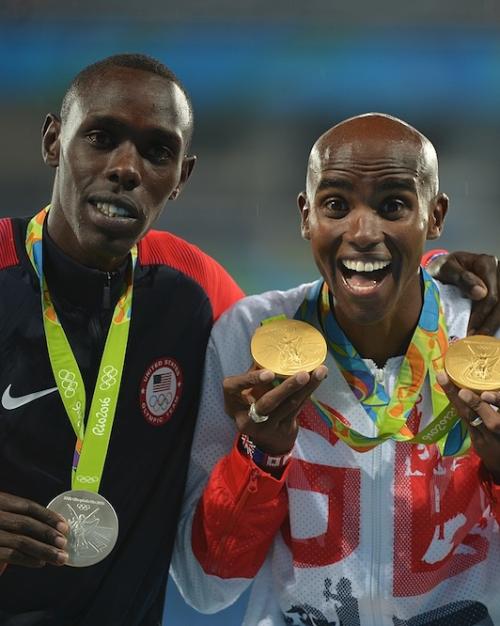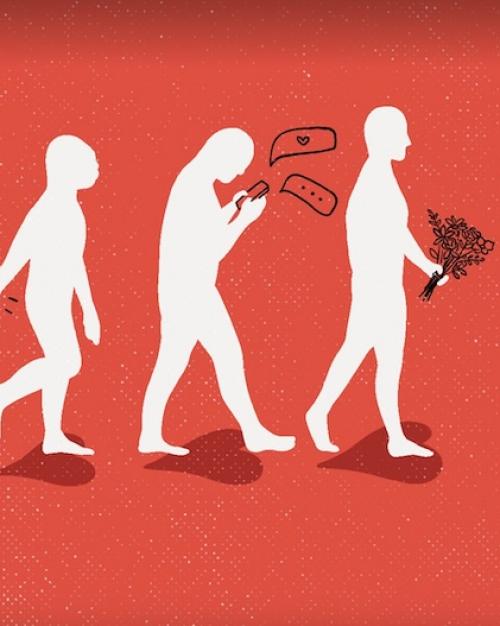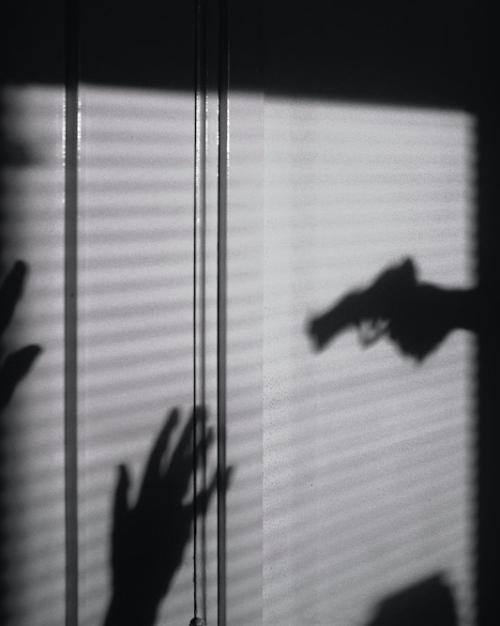Most of us like to think there are hard and fast rules about morality. But in some scenarios, the moral judgment comes apart from the causal judgment, says John M. Doris, the Peter L. Dyson Professor of Ethics in Organizations and Life in the College of Arts and Sciences, in a Cornell Research profile. Consider the following: A criminal holds a gun to a man’s head and says that the man must kill his neighbor or be killed himself. Under threat, the man goes ahead and kills his neighbor. Should he be held responsible for what he did, considering that he had no choice? What if he were willing to do it? What if he enjoyed doing it?
“The classic excuse is that he couldn’t have done otherwise, so he’s not culpable. But that doesn’t work in this situation,” Doris says in the piece. "It doesn’t matter that he was forced to kill his neighbor. People will still hold him to blame if he was enthused or identified with what he did. The moral judgment comes apart from the causal judgment. It tracks the attitude, not the causation.”
Trained in philosophy, Doris is one of the founders of moral psychology, a new interdisciplinary field that explores the psychological determinants of moral judgment and behavior. Moral psychology brings together philosophy, psychology, and fields from across the sciences and humanities in an attempt to identify the deepest workings of human nature. Doris recently worked with Laura Niemi, Psychology, and Jesse Graham (University of Utah) to explore the extent to which people think of moral transgressions as a function of the character of the person who commits the transgression versus the situation the person is in.





